Is having a 10x something always better? People talk about 10x engineers who can produce 10 times more software than an “average” engineer. Ken Norton described 10x product management where your organization takes moonshots to get “order of magnitude” growth. But…. 10x engineers can often be prima donnas. You don’t necessarily want more software, you want to solve the right problem with the least amount of software possible. You may not be in a situation where order of magnitude growth makes sense, or is possible. Here are some different perspectives on what 10x product management is and whether it always makes sense. As with most other things in the world of product, it depends.
10x not 10% – Product management by orders of magnitude. In this article and talk, Ken Norton emphasized the importance of a 10x mindset to introduce industry changing product breakthroughs. He suggests that this is not a common way for organizations to act. They tend to prefer 10% growth rather than 10x growth. Ken attributes that behavior to a lack of risk taking and an acceptance of failure. If you think seeking 10x growth is appropriate in your organization, you may want to take a look at the principles Ken suggests you start to follow.
(via @kennethn)
Day-to-Day product management using ‘10x not 10%’. The 10x model makes sense if you introduce new products on a regular basis. What about if you are developing and managing a roadmap for an existing product? Or what happens when your organization buys into shipping small, consistent increments of value? Clayton Correia describes how you can switch from “10x not 10%” to “10x or 10%” to apply the right mindset to different contexts in which you work.
(via @claytoncorreia)
The Michel Feaster Hypothesis: 10x product managers drive growth. Michel Feaster appeared on the Product Science Podcast to talk about what she has learned from her 10 years of product management experience. Many of those lessons formed her view of what makes a great (ie 10x) product manager. Great product managers ask a customer why; they sell you on the What by giving you the Why around those decisions; and they will do things that the average product person can’t.
(via @michelfeaster, @h2rproductsci)
Is there such a thing as a 10x product manager? In an episode of the IterateFM podcast, John Cutler and Tareq Ismail discuss the concept of a “10x engineer” and explore whether there is a similar concept for product management. They conclude there probably isn’t such a thing as a 10x product manager, but the important point is the reasons why – product managers focus more on outcomes and product development is a team sport.
(via @iteratefm, @johncutlefish@tareqismail)
The truth of 10x. One of the biggest problems with the “10x engineer” idea is that “development velocity is usually not in the top reasons why software-driven organizations/software-development projects fail. Instead of velocity, try using a more strategic measurement — such as ‘effectively delivering software that customers want’.” Joe Emison suggests if you use that measure, it’s more appropriate to talk about a 10x organization (including product people) rather than just 10x engineers. In this article Joe explains how you can get a competitive advantage through particular organizational, process, or talent improvements in your organization. You won’t necessarily have a 10x product manager, but you may still get 10x results.
(via @JoeEmison)

